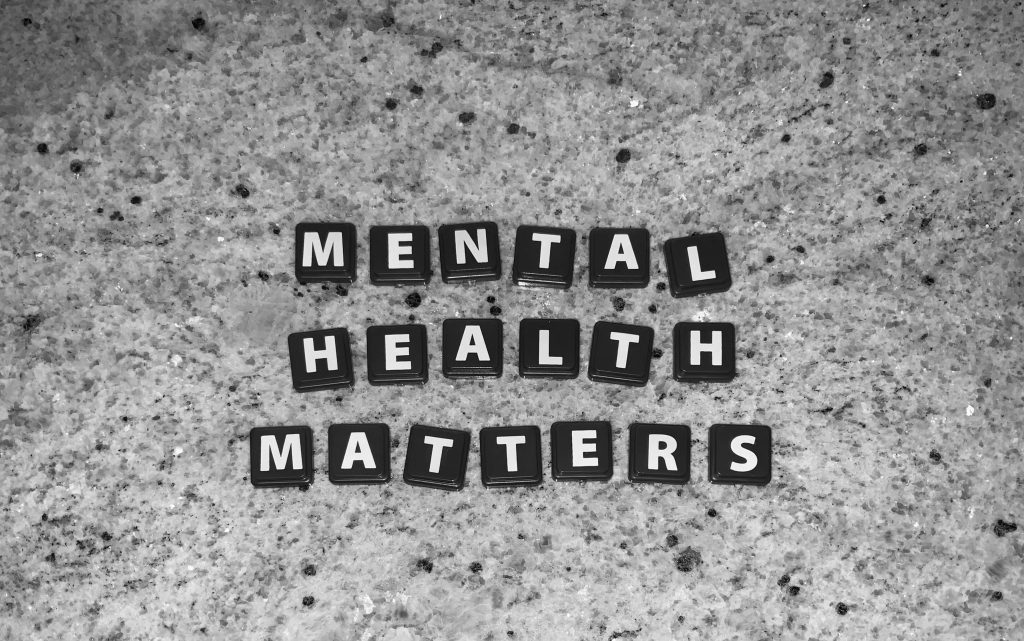In recent years, the conversation around mental health has gained significant traction, shedding light on an often-overlooked aspect of overall well-being. Despite this progress, there remains a pervasive stigma surrounding mental health issues that hinders individuals from seeking help. It’s time to break the silence and foster a deeper understanding of mental health.
The Stigma Surrounding Mental Health
One of the biggest barriers to addressing mental health concerns is the stigma attached to it. Society has long perpetuated misconceptions and stereotypes about mental illness, leading many to suffer in silence rather than seek assistance. This stigma can manifest in various forms, from discrimination in the workplace to ostracization within social circles.

Normalizing Mental Health Conversations
Normalizing conversations about mental health is crucial in dismantling the stigma. By openly discussing our struggles and experiences, we create a supportive environment where individuals feel comfortable seeking help without fear of judgment. Initiatives such as mental health awareness campaigns and community support groups play a vital role in fostering this normalization.
Understanding the Spectrum of Mental Health
It’s essential to recognize that mental health exists on a spectrum, ranging from occasional stress and anxiety to severe psychiatric disorders. Just as we prioritize our physical health through regular exercise and nutritious eating, we must also prioritize our mental well-being through self-care practices and seeking professional help when needed. Moreover, understanding that mental health conditions are not a sign of weakness but rather a natural aspect of the human experience is crucial in combating stigma.
The Importance of Self-Care
Self-care encompasses a broad range of activities that promote mental and emotional well-being. This can include mindfulness practices, hobbies that bring joy, regular exercise, and maintaining a healthy work-life balance. Prioritizing self-care is not selfish but rather essential for maintaining overall wellness and resilience in the face of life’s challenges.
Seeking Professional Support
While self-care practices can be beneficial, they may not always be sufficient for managing mental health concerns. Just as we would consult a doctor for physical ailments, seeking professional support from therapists, counselors, or psychiatrists is crucial for addressing mental health issues. These professionals offer evidence-based interventions tailored to individual needs, providing invaluable support and guidance on the journey to recovery.
Breaking Down Barriers to Access
Despite the importance of professional support, many individuals face barriers to accessing mental health services. These barriers can include financial constraints, limited availability of mental health providers, and cultural stigma. It is imperative for policymakers and healthcare systems to prioritize mental health services, ensuring equitable access for all individuals regardless of their socioeconomic status or background.

Supporting Loved Ones
Supporting a loved one struggling with mental health issues can be challenging but incredibly important. Educating oneself about their condition, actively listening without judgment, and offering empathy and encouragement are fundamental ways to provide support. Additionally, encouraging them to seek professional help and assisting them in navigating the healthcare system can be invaluable steps in their journey towards healing.
Destigmatizing Mental Health in the Workplace
The workplace plays a significant role in shaping individuals’ mental health. Employers must prioritize creating a supportive work environment that values employees’ mental well-being. This can be achieved through initiatives such as mental health training for managers, flexible work arrangements, and employee assistance programs. By destigmatizing mental health in the workplace, organizations can foster a culture of openness and support.
Conclusion
Breaking the silence surrounding mental health requires a concerted effort from individuals, communities, and institutions. By normalizing conversations, prioritizing self-care, seeking professional support, and advocating for equitable access to mental health services, we can create a society where mental health is treated with the same importance as physical health. Together, let us work towards a future where everyone feels empowered to prioritize their mental well-being without fear of stigma or discrimination.